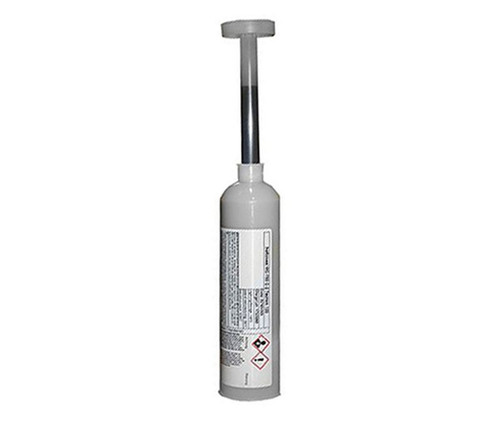Naftoseal® MC-238 B-2 Fuselage & Fuel Tank Sealant - TechKit 130 (137ccm)
Our Part #:
SGP131549
Manufacture Part #:
50570491
Our Price:
$78.50
Price Per Each
Bulk Shop & Save
- 12 - 23 $77.38 ea.
- 24 - 35 $76.29 ea.
- 36 + $75.23 ea.
 INTERNATIONAL SHIPPING
INTERNATIONAL SHIPPING
SkyGeek welcomes international orders!
Please note: International orders are shipped from their respective locations, which may take an additional 7-10 days to process. We strive to consolidate items into one shipment to minimize duties and taxes. However, if items are located in different locations, separate shipments may be necessary.



 Country of Origin
Country of Origin
